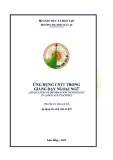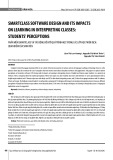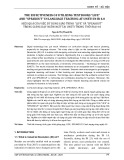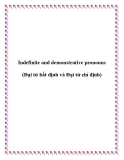
GMAT – Verbal - Grammar
March 14th
Comparisons
Used → adjectives & adverbs
Comparative form Superlative form
More, better, older
(usually used with “than”)
Most, best, oldest
2 Items 3 items and more
Before will always be “the” or a possessive adjective (my, his, her, your)
+ nothing, a
Adjective / adverb of 1 syllable
Fast + er + est
Faster Fastest
Adjective / adverb of 2 syllables + “y” in the end
Happy y → i + er y → i + est
Happier Happiest
Adjective of 2 syllables / adjective with 3 syllables & more /
adverb with 2 syllables & more
Famous
Beautiful
Quietly
More (word) Most (word)
Adjective with 2 syllables with “er”, “ow” in the end
Tender
Narrow
Simpler
er or more
Tenderer / more tender
Narrower / more narrow
Simplerer / more simple
est or most
Tenderest / most tender
Narrowest / most narrow
Simplerest / most simple
Exceptions
Many
Much
More Most
Little Less Least
Good
Well
Better Best
Bad
Badly
Worse Worst
Old Elder
Older
Eldest (The age of a member of a group)
Oldest
For Farther
Further
Farthest (For distances)
Furthest (For everything else)





















